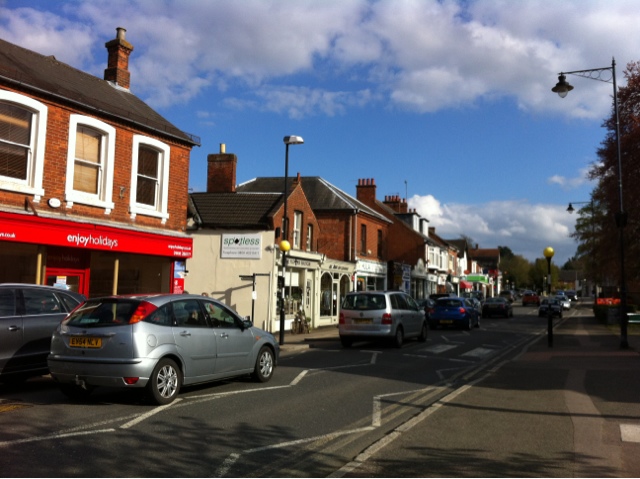Wolof
Asala Maaleekum
In 1960, Senegal gained its freedom from France. However, the freedom was one through agreements and promises, not through battles. Because of this, France still has a bit of a hold on the country. Schools teach everything in French. When you enter into middle school and high school (and sometimes even elementary school), you add another language to the list that is already twice as long as most Americans.
But, before entering school, you would have only spoken Wolof with your family and friends. It is the native tongue to a large percentage of Senegal’s population, so it is the most commonly spoken language. Although everyone here speaks French, it is looked at as arrogant for people to greet and speak to one another in French. It is not the language of home, but rather of the oppressors. There are movements to change how children learn, and what languages they learn, but as for now, most children are not taught to read nor write Wolof. Because of this, there are many variations of spelling. Oussmane, one of our amazing in-country facilitators, has actually written a Wolof English dictionary to support the Peace Corps volunteers. Yes, he’s truly amazing.
We’ve learned to count to 20 in Wolof. Numbers are repeated after five, so six is actually five and one, nine is five and four, twelve is ten and two. As teachers, we of course, decided we needed a count off system each time we got on the bus to ensure that we were all present. We have decided to count in Wolof. Richard, our Fulbright/IREX coordinator from DC, whom we lovingly refer to as the dad, even though he is the youngest of all of us, doesn’t seem to appreciate this, probably because it is less efficient than him just counting us… But we are still enjoying it!
The culture of the Senegalese people greatly influenced the language. That is why with this language, there is more focus on the people rather than the actions. Instead of the verbs, adjusting to the pronouns, there are hundreds of pronouns depending on the verb. Think about that for a minute. How different could our culture be if we focused instead on the who?
If I need to go to the restroom, I simply need to say “Dama bege tuur ndox.” This roughly translates to “I like to pass water.” What an incredibly pleasant way to talk about the bathroom!
Jërëjëf for reading! Maalekuum salam! (May peace be with you!)

Comments
Post a Comment